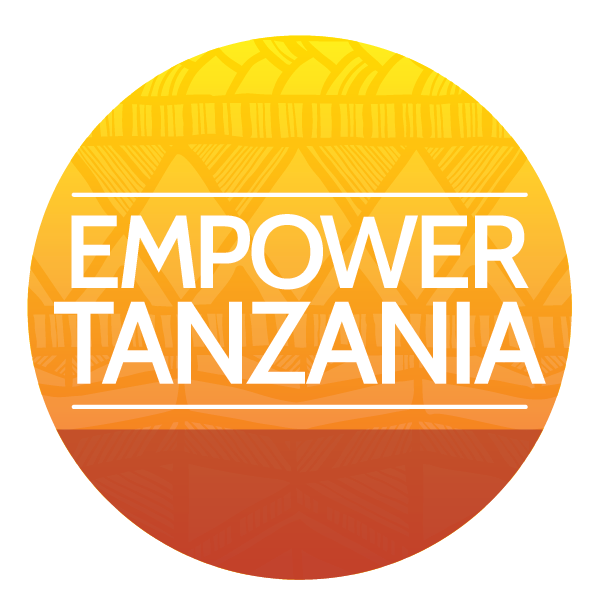From the Field - A Report from Chief Kiboko
We love sharing reports from our program managers, participants, and stakeholders in Tanzania. What follows is from Chief Kiboko (pictured below), a Maasai chief, longtime partner, and advocate for social good. We have worked closely with Chief Koboko over the years as we have established and implemented the Community-Hospital Alliance Program. Below is an exciting glimpse of his most recent report from the field:
Introduction: This report was prepared by Chief Kiboko Olemunga (Ruvu Ward Councilor) on behalf of the committee and submitted to Empower Tanzania office.
Areas/villages visited: Under the leadership of Chief Kiboko Olemunga, the following Maasai villages were visited: (SAME EAST) Kamadufa, Mramba wa Nkondo, Kampimbi, Nadururu, Manzanzale. (SAME WEST) Ruvu Kombo, Ruvu Meserani, Ruvu Mvungwe, Ruvu Jitengeni, Ruvu Mkanyeni A & B, Ruvu Mferejini & Ruvu Maruku.
Achievements: On behalf of the Committee and the Maasai Community at large, Chief Kiboko is thanking Empower Tanzania for the support and achievement that has been realized. According to him the approach that Empower Tanzania is using in the programs with Maasai Community is very good and has contributed to the success of this program.
The achievements realized in Maasai Community because of our program, the Community-Hospital Alliance Program (CHAP), can be explained in many different ways, however Chief Kiboko is mentioning three main things (achievements) realized because of the work of the Communicty Health Workers (CHWs).
~Construction and use of latrines: The construction and use of latrines in most of Maasai villages has increased. The education on construction and use of latrine is carried out by our CHWs along with other public health education including hand washing, boiling water (safe and clean water). Previously it was common to have an outbreak of cholera in Maasai area, but this year up to now, no any cholera case reported in Maasai areas. This is considered to be very big achievement in this area.
~Patriarchy system: The system whereby men are taking overall control of the family was very common in Maasai community women had nothing to say in all aspects of the family. However, because of the Empower Tanzania programs with Maasai, there is an improvements because now men are ready to discuss with their wives for issues pertaining to their families including resource access, allocation and ownership in the family.
~Respecting/listening to women: At the time when the program started, men were not ready to listen to the Community Health Worker. Sometimes they (men) did not want even to participate when CHWs are carrying out education session in various bomas. (See photo of traditional boma above.) Women were very much ignored and left behind. This is now different as most Maasai men do listen to women. The men usually request the CHWs to visit their bomas and they (CHWs) are consulted when there are problems relating to health issues.
Other achievement mentioned include:
~Increase of women delivering to the health facilities instead of delivering at home.
~Women and other sick people are ready to go when referred to the health facilities by the CHWs.
~The corporal punishment and gender-based violence (GBV) reduced.
CHALLENGES: The most noted challenge is “transport” to visit Maasai villages and bomas since Maasai live some distance away from each other.
SPECIAL REQUEST: The committees (Eastern and Western zone) are requesting support to cover meals and transport during the visit to the bomas. The plan is to conduct one visit per quarter.
CONCLUSION: Chief Kiboko and the committee wishes to express their sincere thanks to Empower Tanzania for the support to this community. This will really improve the people within this community in the area of education and social-economic empowerment.

